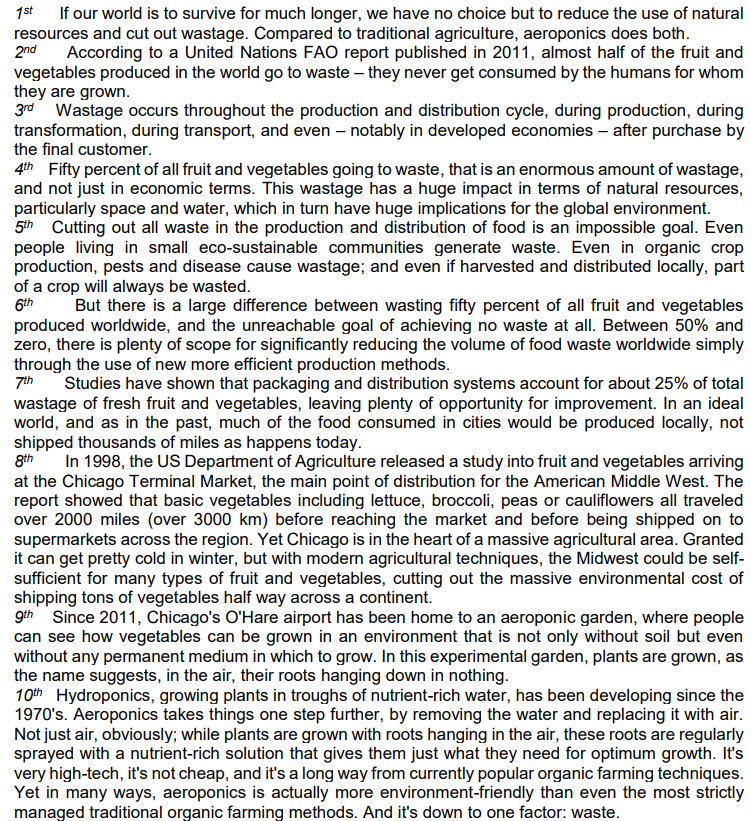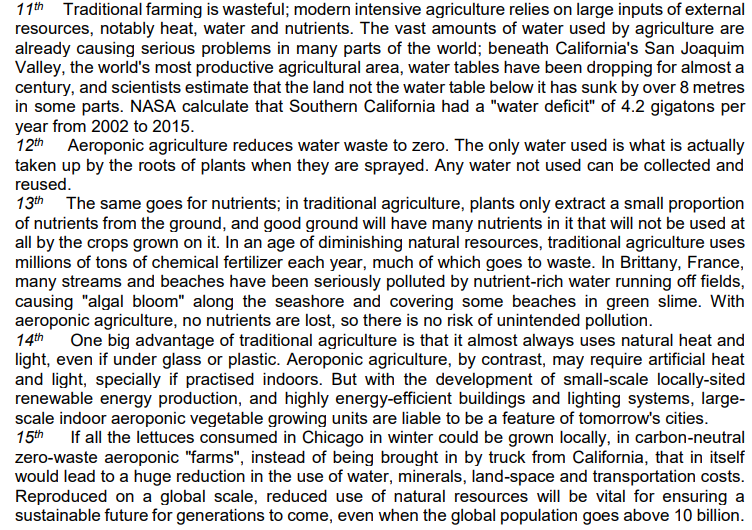Questões de Concurso Sobre advérbios de: lugar, modo, tempo e freqüência | adverbs of: place, manner, time and frequency em inglês
Foram encontradas 81 questões
Resolva questões gratuitamente!
Junte-se a mais de 4 milhões de concurseiros!
Plurilingualism and translanguaging: commonalities and divergences
Both plurilingual and translanguaging pedagogical practices in the education of language minoritized students remain controversial, for schools have a monolingual and monoglossic tradition that is hard to disrupt, even when the disrupting stance brings success to learners. At issue is the national identity that schools are supposed to develop in their students, and the Eurocentric system of knowledge, circulated through standardized named languages, that continues to impose what Quijano (2000) has called a coloniality of power.
All theories emerge from a place, an experience, a time, and a position, and in this case, plurilingualism and translanguaging have developed, as we have seen, from different loci of enunciation. But concepts do not remain static in a time and place, as educators and researchers take them up, as they travel, and as educators develop alternative practices. Thus, plurilingual and translanguaging pedagogical practices sometimes look the same, and sometimes they even have the same practical goals. For example, educators who say they use plurilingual pedagogical practices might insist on developing bilingual identities, and not solely use plurilingualism as a scaffold. And educators who claim to use translanguaging pedagogical practices sometimes use them only as a scaffold to the dominant language, not grasping its potential. In the United States, translanguaging pedagogies are often used in English-as-a-Second Language programs only as a scaffold. And although the potential for translanguaging is more likely to be found in bilingual education programs, this is also at times elusive. The potential is curtailed, for example, by the strict language allocation policies that have accompanied the growth of dual language education programs in the last decade in the USA, which come close to the neoliberal understanding of multilingualism espoused in the European Union.
It is important to keep the conceptual distinctions between plurilingualism and translanguaging at the forefront as we develop ways of enacting them in practice, even when pedagogies may turn out to look the same. Because the theoretical stance of translanguaging brings forth and affirms dynamic multilingual realities, it offers the potential to transform minoritized communities sense of self that the concept of plurilingualism may not always do. The purpose of translanguaging could be transformative of socio-political and socio-educational structures that legitimize the language hierarchies that exclude minoritized bilingual students and the epistemological understandings that render them invisible. In its theoretical formulation, translanguaging disrupts the concept of named languages and the power hierarchies in which languages are positioned. But the issue for the future is whether school authorities will allow translanguaging to achieve its potential, or whether it will silence it as simply another kind of scaffold. To the degree that educators act on translanguaging with political intent, it will continue to crack some openings and to open opportunities for bilingual students. Otherwise, the present conceptual differences between plurilingualism and translanguaging will be erased.
Source: GARCÍA, Ofelia; OTHEGUY, Ricardo. Plurilingualism and translanguaging: Commonalities and divergences. International Journal of Bilingual Education and Bilingualism, v. 23, n. 1, p. 17-35, 2020.
Garcia e Otheguy (2020)
Observe the following comic strip and select the correct alternative:
STUDENT OPINION
How Does Social Media Affect Your Mental Health?
Facebook has delayed the development of an Instagram app for children amid questions about its harmful effects on young people’s mental health. Does social media have an impact on your well-being?
By Nicole Daniels Oct. 1, 2021
What is your relationship with social media like? Which platforms do you spend the most time on? Which do you stay away from? How often do you log on?
What do you notice about your mental health and wellbeing when spending time on social networks?
In “Facebook Delays Instagram App for Users 13 and Younger,” Adam Satariano and Ryan Mac write about the findings of an internal study conducted by Facebook and what they mean for the Instagram Kids app that the company was developing:
Facebook said on Monday that it had paused development of an Instagram Kids service that would be tailored for children 13 years old or younger, as the social network increasingly faces questions about the app’s effect on young people’s mental health.
The pullback preceded a congressional hearing this week about internal research conducted by Facebook, and reported in The Wall Street Journal, that showed the company knew of the harmful mental health effects that Instagram was having on teenage girls. The revelations have set off a public relations crisis for the Silicon Valley company and led to a fresh round of calls for new regulation.
Facebook said it still wanted to build an Instagram product intended for children that would have a more “age appropriate experience,” but was postponing the plans in the face of criticism.
Fonte: https://www.nytimes.com/2021/10/01/learning/how-does-social-media-affect-your-mental-health.html
The word “increasingly”, as used in the text, is an example of:
Galway Girl, by Ed Sheeran

(Available at: www.azlyrics.com/lyrics/edsheeran/galwaygirl.html – text specially adapted for this test).


